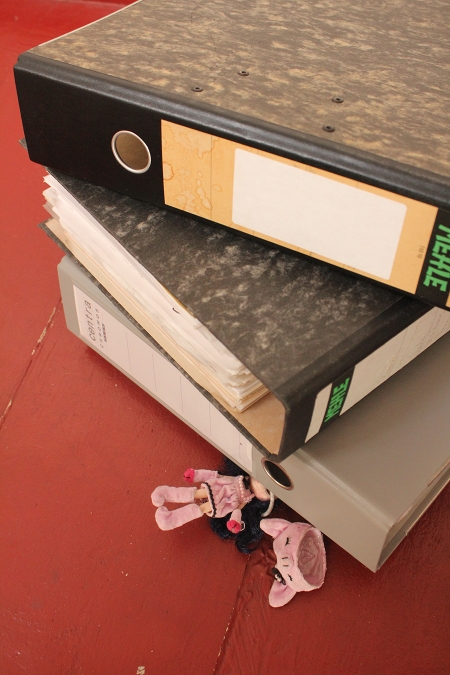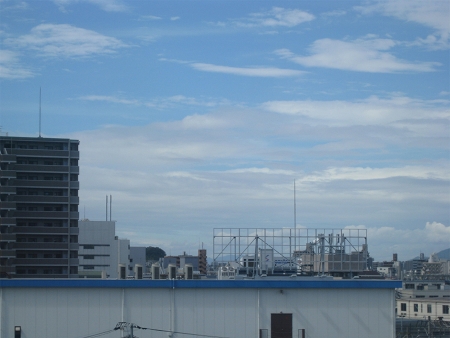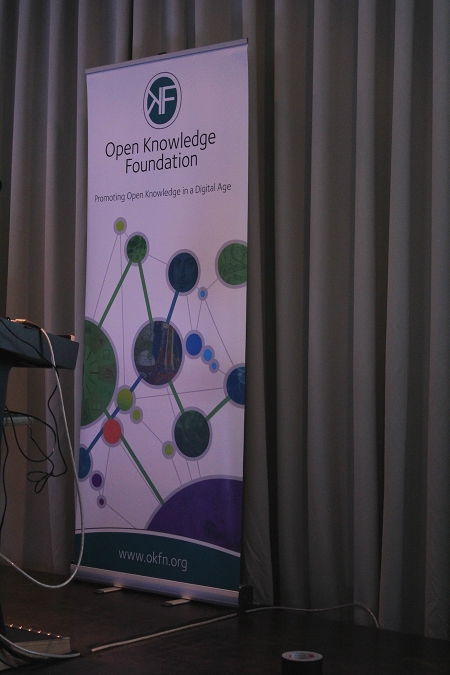 “verticalized overhead power line with book lover using excessive light”, fotography of the Sony Center court yard on Potsdamer Platz by Loretta (see also the randform post chains)
“verticalized overhead power line with book lover using excessive light”, fotography of the Sony Center court yard on Potsdamer Platz by Loretta (see also the randform post chains)
I was recently looking a bit into the issue of smart grids and ran over an interesting european strategy analysis.
In 2005 the european smartgrid platform www.smartgrids.eu was set up. On their document page the currently newest document linked to is from 2010, it is a Strategic Deployment Document for Europe’s electricity networks of the future (2010) on page 53 one finds:
Engineering in the energy sector, electricity grids in particular, is seen by many as old- fashioned and “difficult” as it requires a high level of competence in mathematics, physics and other sciences. This discourages the potential new students from studying and pursuing a career in power engineering.
… and
All stakeholders in the electricity sector have a responsibility to improve the image of the sector, e.g. by engaging with educational institutions and explaining in an understandable way the real benefits of being involved with and able to deliver solutions to the energy, climate and environmental challenges of today.
This sounds very much as if the major problem of getting new working force for the electricity high-tech sector is mainly a question of hipness. In part it may be true that science and math is regarded as highly “unhip” in certain circles (and the reasons for this are manifold), however the comment in the document seems to miss somewhat a crucial point. Or maybe lets say it sounds a bit strange in the view that even fields medallists in e.g. Great Britain or France try to politely point out that there is structurally something at odds with the whole european science and math research and education.
Happy holidays to all randform readers!
supplement 1.1.2012: a happy new year to all randform readers!






